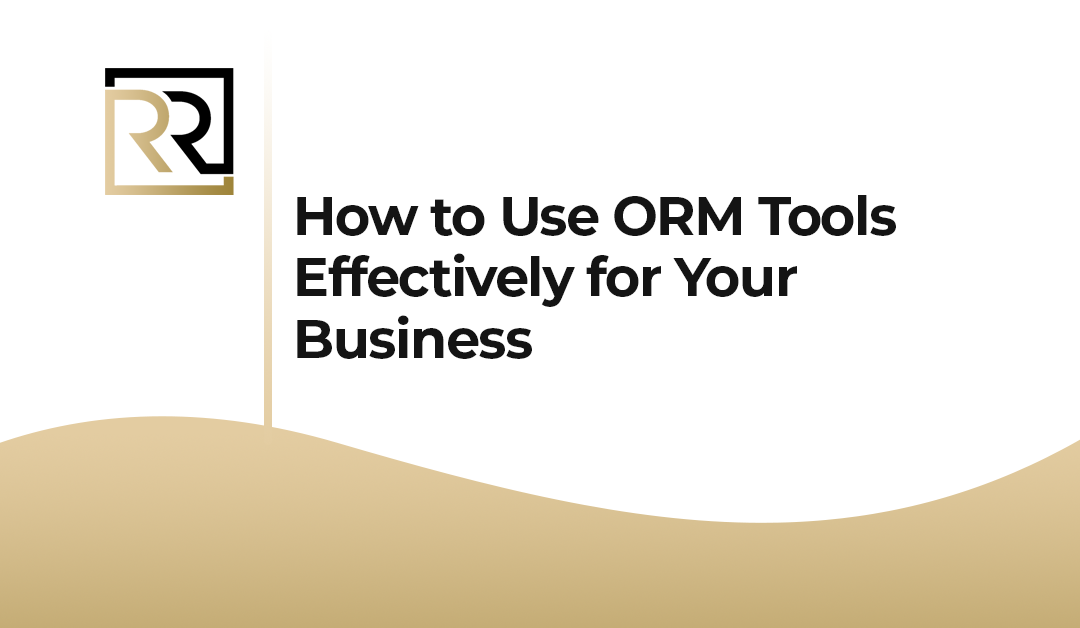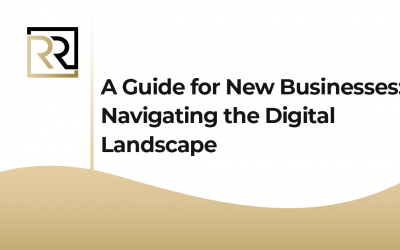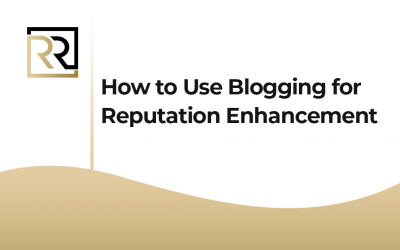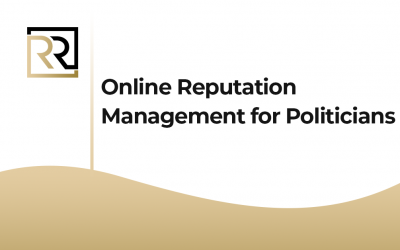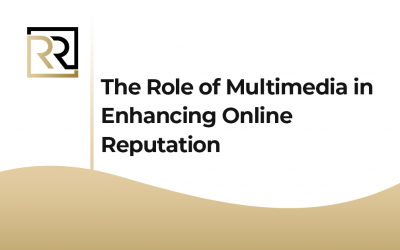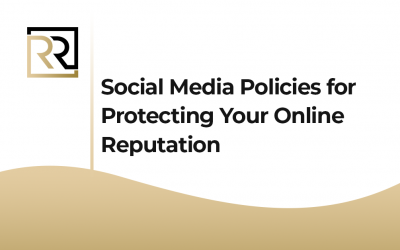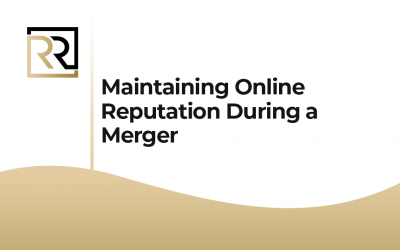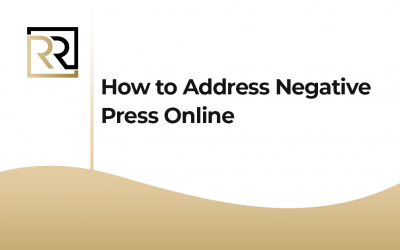How to Use ORM Tools Effectively for Your Business
Further, in today’s digital landscape, a business’s online reputation can make or break its success. Furthermore, with consumers increasingly turning to the internet to research products, services, and companies, maintaining a positive online image is crucial. Also, fortunately, with the advent of Online Reputation Management (ORM) tools, businesses have powerful resources at their disposal to monitor, analyze, and enhance their online presence. So, in this guide, we’ll delve into the world of ORM tools and provide actionable tips on how to use them effectively to bolster your business’s reputation.
Online Reputation Management (ORM) Tools: A Comprehensive Guide for Business Success
Understanding and How to Use ORM Tools
First and foremost, ORM tools are software solutions designed to help businesses monitor, manage, and improve their online reputation. Also, these tools offer a range of features, including social media monitoring, review tracking, sentiment analysis, and brand mentions tracking. Besides, by aggregating data from various online sources, ORM tools provide valuable insights into how a business is perceived online.
Importance of ORM for Businesses
1. Trust and Credibility
Firstly, a positive online reputation instills trust and confidence in potential customers. Moreover, positive reviews, glowing testimonials, and favorable mentions can influence purchasing decisions and drive sales.
2. Brand Perception
Secondly, your online reputation directly impacts how consumers perceive your brand. Moreover, a strong, positive reputation can differentiate your business from competitors and position you as a trusted authority in your industry.
3. Customer Engagement and Loyalty
Further, effective ORM allows businesses to engage with customers in real-time, addressing concerns, resolving issues, and fostering loyalty. Thus, by demonstrating responsiveness and accountability, businesses can build long-lasting relationships with their audience.
Tips for Using ORM Tools Effectively
1. Choose the Right Tools
Firstly, with a plethora of ORM tools available in the market, it’s essential to choose one that aligns with your business’s needs and goals. Therefore, look for features such as real-time monitoring, sentiment analysis, and customizable reporting to get the most out of your chosen tool.
2. Monitor Key Metrics
Secondly, identify key metrics to track, such as brand mentions, sentiment trends, review ratings, and social media engagement. Additionally, regularly monitor these metrics to gauge the effectiveness of your ORM efforts and identify areas for improvement.
3. Respond Promptly to Feedback
Whether it’s a positive review, a negative comment, or a customer inquiry, prompt responses are essential. Therefore, use ORM tools to monitor mentions of your brand across various channels and respond promptly and professionally to customer feedback.
4. Address Negative Feedback Proactively
Generally, negative feedback is inevitable, but how you respond to it can make all the difference. Therefore, use ORM tools to identify negative reviews or comments, and take proactive steps to address the issues raised. Overall, offer solutions, apologize for any inconvenience, and demonstrate a commitment to customer satisfaction.
5. Encourage Positive Reviews
Also, actively solicit positive reviews from satisfied customers to bolster your online reputation. What’s more, use ORM tools to identify happy customers and encourage them to leave reviews on relevant platforms. Additionally, consider, providing incentives or rewards for leaving feedback to incentivize participation.
6. Monitor Competitor Activity
Further, keep an eye on your competitors’ online reputation using ORM tools. Also, analyze their strengths and weaknesses, identify emerging trends, and glean insights that can inform your own ORM strategy.
7. Track Trends and Sentiment
Overall, use sentiment analysis features in ORM tools to track trends in consumer sentiment towards your brand. Thus, identify patterns, themes, and recurring issues, and adjust your strategy accordingly to address any negative sentiment.
8. Generate Actionable Insights
What’s more, leverage the data and insights provided by ORM tools to make informed business decisions. Also, identify areas for improvement, capitalize on strengths, and continuously refine your online reputation management strategy.
Conclusion: How to Use ORM Tools
In summary, in today’s hyper-connected digital world, managing your business’s online reputation is paramount to success. Therefore, by leveraging the power of ORM tools, businesses can effectively monitor, analyze, and enhance their online presence to build trust, credibility, and customer loyalty. Additionally, from monitoring key metrics to responding promptly to feedback and generating actionable insights, mastering the art of online reputation management can propel your business to new heights. Indeed, embrace ORM tools as invaluable allies in your quest to cultivate a positive online reputation and position your business for sustained success in the digital age.
Take care of your reputation resolutions with us.
Services
Our Services
Search Engine Content Removal
Social Media Content Removal
Positive Content Creation
Online Reviews Optimization
Search Results Optimization
Learn
Our Blog
A Guide for New Businesses: Navigating the Digital Landscape
A Guide for New Businesses Further, a Guide for New Businesses is very handy for companies. Embarking on the journey of establishing a new business is exhilarating, but in today's digital age,...
How to Use Blogging for Reputation Enhancement
Blogging for Reputation Enhancement How to use Blogging for Reputation Enhancement? In the digital era, where an online presence is synonymous with identity, leveraging blogging as a tool for...
Online Reputation Management for Politicians
Online Reputation Management for Politicians Considering Online Reputation Management for Politicians, in the era of digital communication, a politician's online reputation is as critical as...
The Role of Multimedia in Enhancing Online Reputation
The Role of Multimedia in Enhancing Online Reputation In the ever-evolving digital landscape, where attention spans are shrinking and information is abundant, the role of multimedia in shaping...
Social Media Policies for Protecting Your Online Reputation
Social Media Policies for Protecting Your Online Reputation In today's digital age, where social media wields significant influence, protecting your online reputation has never been more critical....
Online Reputation Tips for Freelancers
Online Reputation Tips for Freelancers In the dynamic realm of freelancing, where digital footprints carry immense weight, cultivating a positive online reputation for freelancers, is crucial...
Maintaining Online Reputation During a Merger
Online Reputation During a Merger A merger is a transformative event for any business, bringing about change on various fronts. Amidst the logistical and operational considerations, one...
How to Address Negative Press Online
How to Address Negative Press Online In today's digital age, where information spreads like wildfire, addressing negative press online is a critical skill for individuals and businesses...


